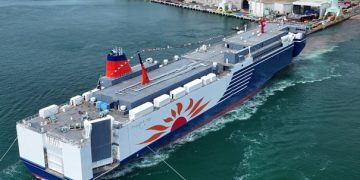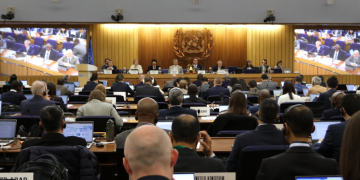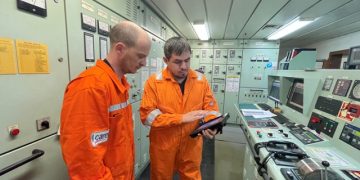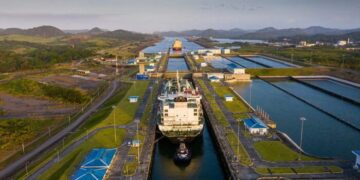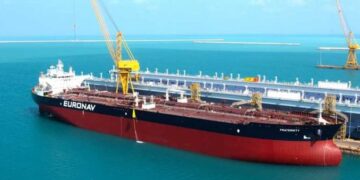Rystad Energy estimates that the decision taken by the Papua New Guinea (PNG) to halt the talks with ExxonMobil about the state’s share of revenues from the planned P’nyang gas field development is expected to delay two key LNG projects that would double the country’s gas output.
The two projects, Total’s $13-14 billion Papua LNG investment and ExxonMobil’s subsequent PNG LNG Expansion plan, are close to each other and could save the firms up to $3 billion in shared infrastructure synergies through a combined development.
The gas used by P’nyang will enable Papua LNG to add two LNG trains and PNG LNG Expansion a third one, each with a capacity of 2.7 million tonnes per annum (tpa) of LNG. The projects would double Papua New Guinea’s current gas output, which was 8 million tpa in 2019.
Yet, after the halt of discussions, Rystad Energy estimates that the delays in reaching a financial investment decision (FID) and conducting engineering, procurement and construction (EPC) works will postpone Papua LNG’s first production to 2026 and the PNG LNG expansion to 2029.
[smlsubform prepend=”GET THE SAFETY4SEA IN YOUR INBOX!” showname=false emailtxt=”” emailholder=”Enter your email address” showsubmit=true submittxt=”Submit” jsthanks=false thankyou=”Thank you for subscribing to our mailing list”]
In the meantime, Papua New Guinea’s new Prime Minister highlighted that every new development should have more favourable terms for the state than previous projects.
Yet, Rystad supports that both projects will be delayed for quite some time. Failing to reach a deal over P’nyang will also have an impact on the timing of the FID for the PNG LNG Expansion. FEED for the PNG LNG Expansion is set to ramp up when construction activities are ramping down for Papua LNG’s two trains. FEED is now expected to start in 2024. This will further delay the FID by two to three years due to the crowded market for EPC onshore LNG plant services.
In light of this incident, Rystad Energy’s Upstream Analyst Priyanka Choudhary, commented that
This not only leaves bruises on the operators involved, but also has implications for the service companies performing EPC services on the fields.
It is estimated that about $80 billion worth of LNG projects around the world will be approved in the following years, adding nearly 110 million tpa of new liquefaction capacity by 2025‒2026. With a very limited number of service contractors able to handle huge EPC LNG plant contracts, it will be a race between operators to get projects launched on time.
See also:
















